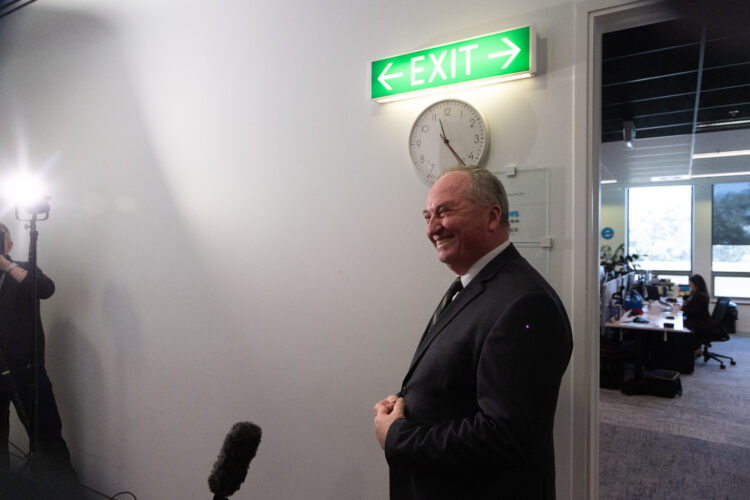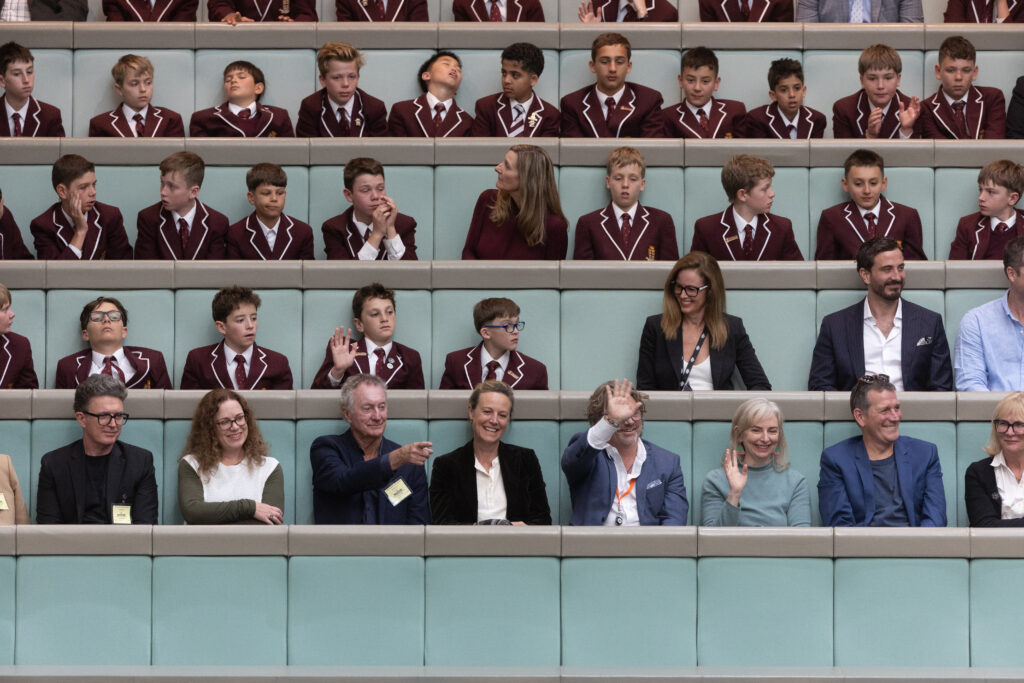All of the sighs
In very Coalition areas, they eventually get to the point of linking the Tomago troubles to “Labor’s energy policy’ as if Australia’s energy issues happened suddenly over the last three and a bit years.
I am old enough to have been reporting on this stuff during the Coalition years, and there were warnings about Tomago and other closures, then. Why? Because energy prices are f*cked and it is not helping anyone, and that’s been something that has happened over decades, not years.
Pat Conroy takes this one and says:
In terms of other industry policies, we won’t be lectured on support for the aluminium sector by the Liberal Party. Let’s remind people what’s happened over the last few years. In 2014, when the last aluminium smelter was being considered for closure – which was Point Henry – what did those opposite do? They did nothing.
They didn’t engage with Alcoa. They didn’t engage with the Victorian government. In fact, they cheered the closure of that smelter. Joe Hockey – then Treasurer – said that we shouldn’t be despondent about the closure of the Alcoa facility. I tabled a news article quoting Joe Hockey saying that we shouldn’t be despondent about those jobs going. Almost 1,000 jobs went. Those opposite did nothing about it. In fact, they actively cheered it on.
..As I was saying, we’ve range of policies to strengthen and grow the aluminium supply chain. From fixing mining approvals while protecting the environment, securing affordable gas for alumina refineries through the gas market review, and backing our smelters with the green aluminium production credit.
We’re going to keep working on this, and we’ve got to keep working with Rio and the state government to explore every option.
Unlike those opposite, we don’t cheer when manufacturing jobs go overseas. ) We don’t dare them to leave. We fight for manufacturing jobs every day, we back Aussie workers, unlike those opposite, whose election policy was based on Tomago being closed down. That’s what they think about manufacturing in this country. We get up, we fight for aluminium jobs every day, like we fight for every manufacturing job – unlike those opposite.



